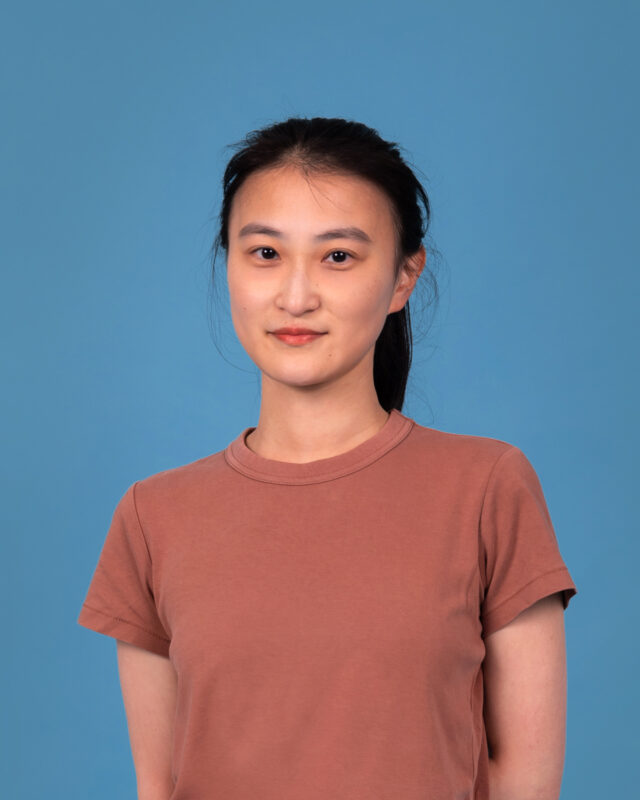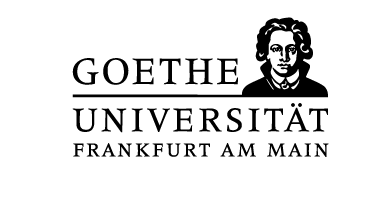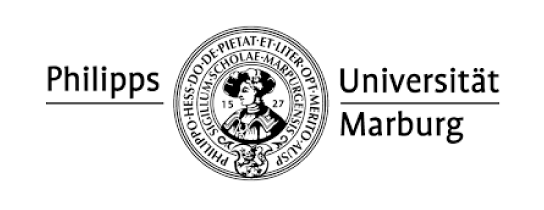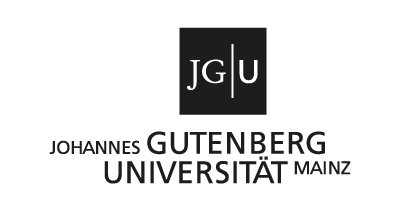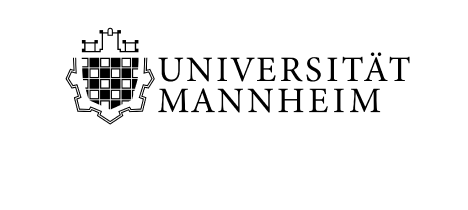Beyond margins and authenticity: reimagining queerness in documentary filmmaking in China
The documentary impulse has played a crucial role in representing queerness in the People’s Republic of China (PRC), particularly with the proliferation of digital video (DV) filmmaking in the 2000s. During this period, a significant number of queer documentaries emerged, often focusing on trans* subjects who are quintessentially represented as socially marginalized individuals within the post-socialist context of China. These films typically approach their subjects with an “authentic” lens, favoring documentary realism (jishi zhuyi) and an underlying notion of truth-claim. This commitment to documenting queerness in a cinéma vérité style has become a new paradigm in queer visual culture in China. The documentary aesthetic, characterized by its observational mode and the assertion that “my cameras don’t lie,” has been widely embraced by independent filmmakers. It also provides a unique angle into the transformative realities of China by highlighting the lived experiences of subaltern groups and presenting unofficial narratives in a socially engaged manner.
Queerness is intricately shaped and represented through its close association with independent documentary filmmaking, where it is “documented” under the guise of a “truth-claim,” and portrayed as authentically marginal queer subjects, under the authority of documentary realism. However, I contend that this approach inadvertently restricts queerness by favoring documentation, thereby essentializing it as merely “social margins” or as instrumentalized dissident bodies, often at odds with official narratives. The formal qualities and aesthetics of certain independent works, such as the observational mode and direct cinema, produce queer representations that guide the audience to understand queerness primarily through the lens of documentary realism. Yet, this focus on authenticity and the obsession with the truth-claim overlooks the “many alternatives” (Juhasz 1994) [1] within queer media, which challenge the non-interventionist visual documentation that fails to fully capture the complexities and contingencies of queer life, as queer resistance, care, and the delicate nuances of queer experience are often neglected. Furthermore, it is crucial to examine queer documentary filmmaking within the discourse of the independent nature of cinematic practice in the PRC, where the unofficial production and circulation of these works reflect shared struggles and connections with the queer community and its collective efforts.
This project seeks to critically examine the “documented” queerness often depicted as marginal and authentic in independent Chinese documentaries of the 2000s. It argues that queerness cannot be merely documented, instrumentalized, or confined within the framework of “truth-making,” nor should it be essentialized as “social margins.” Instead, queerness speaks to alternative forms, multi-layered representations, and community-engaged production and circulation led by queer film practitioners, communities and collectives. Highlighting resistance, memory, and affect, queer documentaries from the 2010s and 2020s challenge the rigid conventions of documentary filmmaking, radicalizing the genre through bold, experimental, participatory, and affective approaches. These works move beyond the depiction of queerness as simply a marginal or authentic counterpoint to “official narratives” (guanfang xushi). In doing so, they represent solidarity, radicality, and multi-layered queerness, while also navigating the boundaries of conventional production and circulation amidst China’s shifting sociopolitical landscape.
[1] Alexandra Juhasz: So Many Alternatives: Part 2. The Alternative AIDS Video Movement, in: Cineaste Magazine, November 1994, pp. 37-39, https://alexandrajuhasz.com/wp-content/uploads/2018/11/cineaste_so_many_alternatives2.pdf

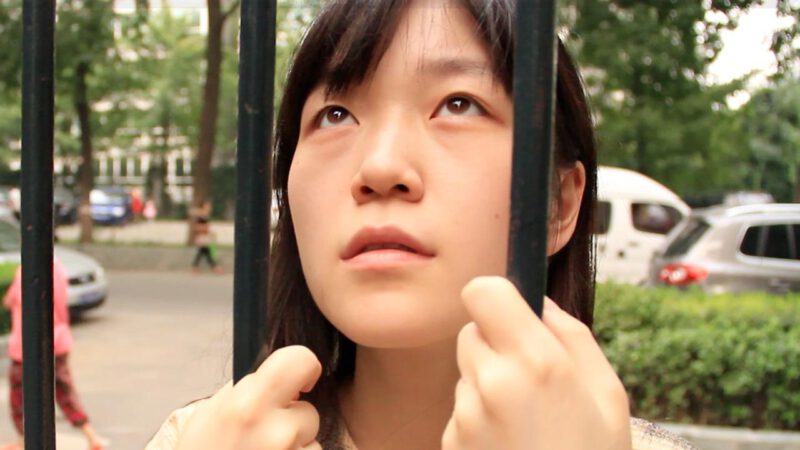
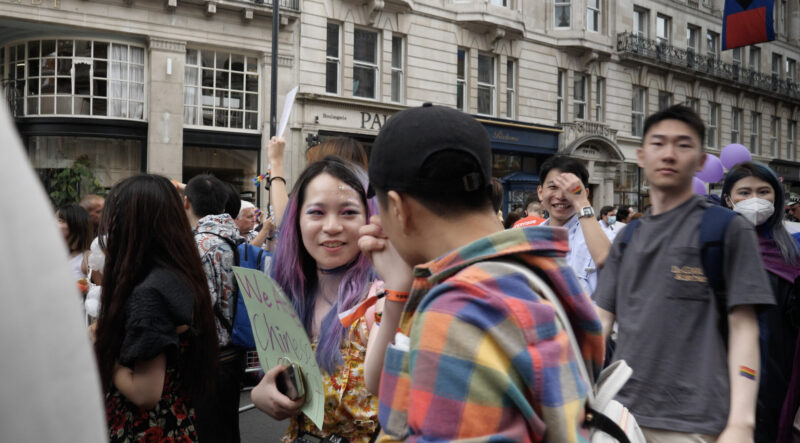
Profile
Pei Li is a PhD candidate in the Graduiertenkolleg “Configurations of Film” at Goethe University, Frankfurt / University of Mainz. She received her B.A. in Art History and her M.A. in Theater-, Film-, and Media Studies at Goethe University, Frankfurt. As one of the initiators of the Chinese-speaking queer-feminist community Queer Squad, Pei is committed to queer-feminist activism and community-building and has curated several Sinophone queer-feminist screenings and community-based events in multiple cities in Germany.
